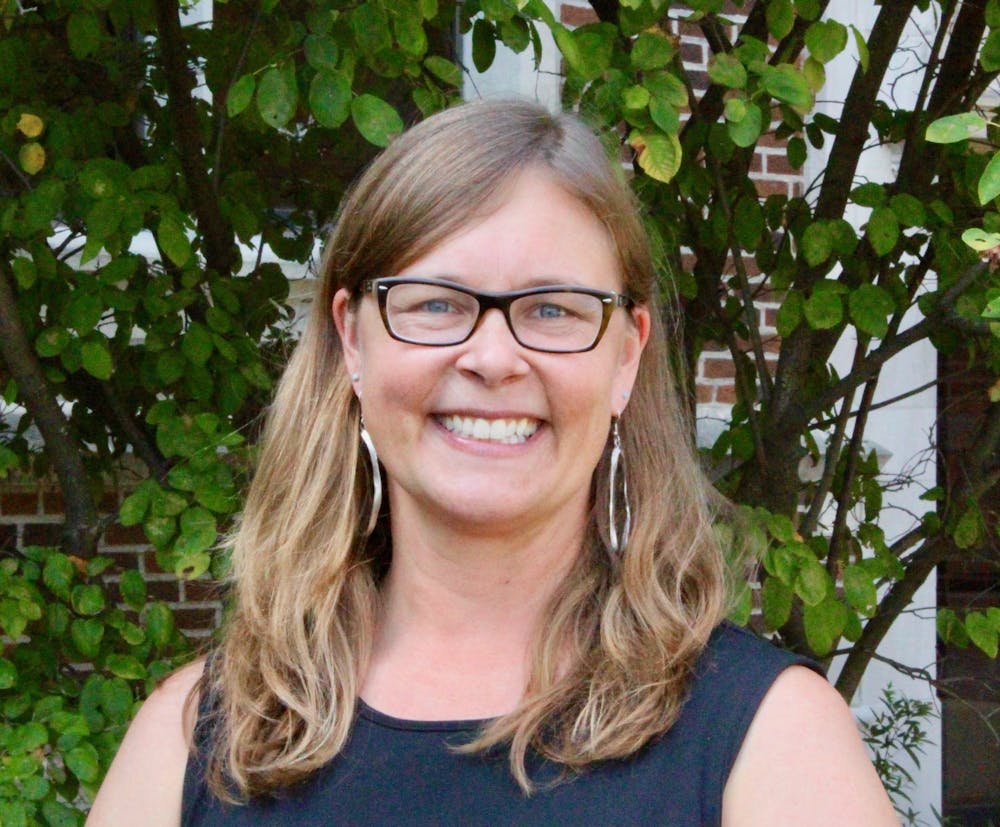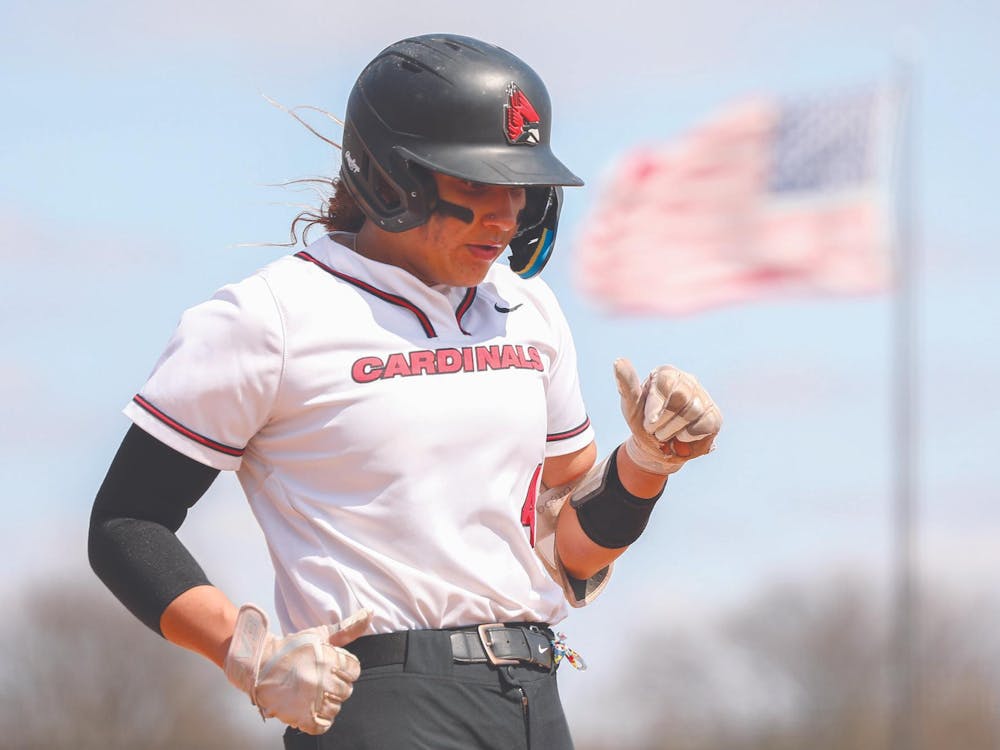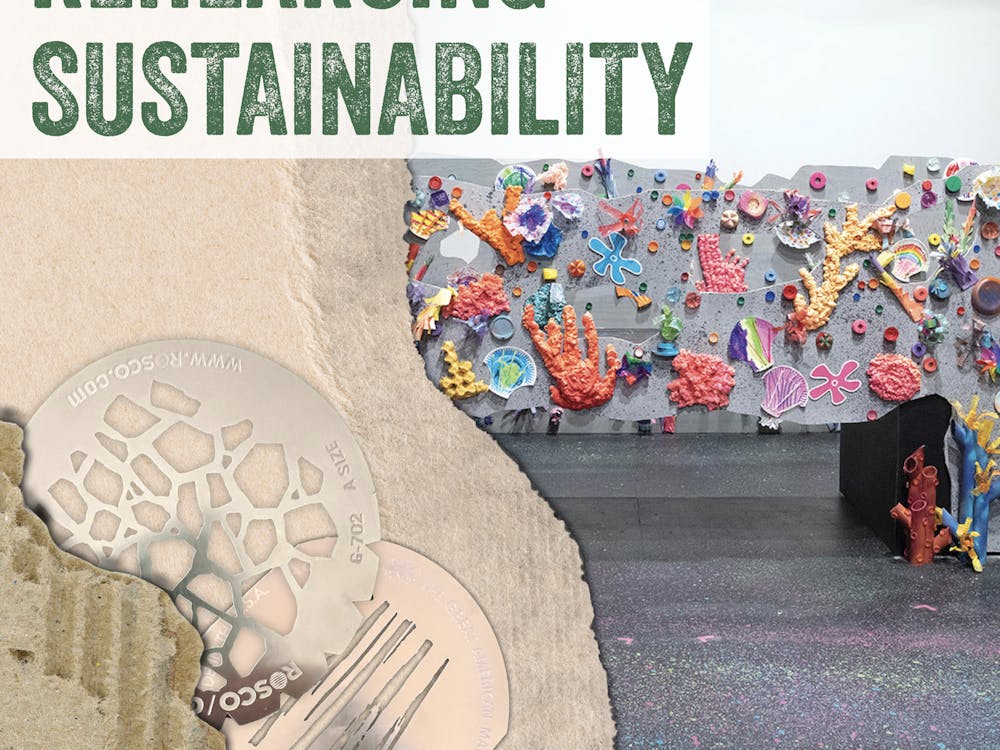Jennifer Erickson, anthropology professor at Ball State, will be traveling to Bosnia during the spring 2021 semester after winning a U.S. Scholar award from the Fulbright program.
According to Ball State’s website, Erickson will be conducting her research project titled “The Good Life: Examining Everyday Life in Postwar/Postindustrial Zenica,” which will focus on the everyday life of people in the Bosnian city of Zenica during the transformation following the civil war in the region during in the 1990s.
“Learning another language and culture opens your world in immeasurable ways,” she said.“In anthropology, we seek to make the strange familiar and the familiar strange by comparing and contrasting different cultures.”
Erickson said she worked at a women’s non-governmental organization in Bosnia at the end of the 1990s and did a study on the prevalence of domestic violence among Roma women. In the summer of 2019, she led a group of seven Ball State to Bosnia and Herzegovina to join an ethnographic field school for three weeks. These experiences, she said, have accumulated material and laid the foundation for her research.
She said she will continue her research in the city of Zenica while comparing it with Muncie..
“I am curious to investigate how histories of capitalism and communism, ethnicity and race, and gender have shaped these two cities,” Erickson said. “Twenty-five years after the 1992-95 war ended, Bosnian politicians are corrupt and the political structure is a joke, the economy is terrible, and people are frustrated, if not also resilient. Many young people are leaving in search of jobs in Germany and other European countries.”
She said she sees a lot of similarities and differences between the two cities, and the comparisons she makes will help show where each city can improve.
“For many, a ‘normal life’ in Bosnia-Herzegovina includes a steady job; time to relax with family and to visit with friends and neighbors; not having to think about ethnicity, nationalism, or politics; and freedom to travel,” Erickson said.
Muncie, she said, is famous for glass, iron and steel factories while Zenica is famous for its steel factories, and such similarities would be good examples of industrial analysis. Erickson said her hands-on practice is important to her and she likes to do her studies in-person to get more valuable information.
“Anthropology is a great job to have, but it’s best conducted in person which means traveling and closely observing everyday life in a place over time, which takes time and money,” she said.
Kiya Mullins, a graduate student in urban and regional planning who travelled with Erickson in 2019, said the trip was “one of the best learning experiences ever.”
“Professor Erickson is an amazing teacher that allowed us to develop our own ways of investigation of cities and people, by providing opportunities to see as much as we could in the short time but pushing us to use new skills to grow academically and personally,” Mullins said.
Erickson said she loves her work and wants to see how Bosnia and Herzegovina and conceptualizations about a “normal life” in the country have changed over time.
“I love learning how other cultures work, how they think, the problems they have encountered and novel ways they have addressed them,” she said. “I love to learn new perspectives on my own culture, to understand the power of language, the role of history, to experience different geographies, to try new and different foods, hear new music, and of course, meet new people.”
Contact Weiyu Ding with comments at wding@bsu.edu or on Twitter @WeiyuDing.





